


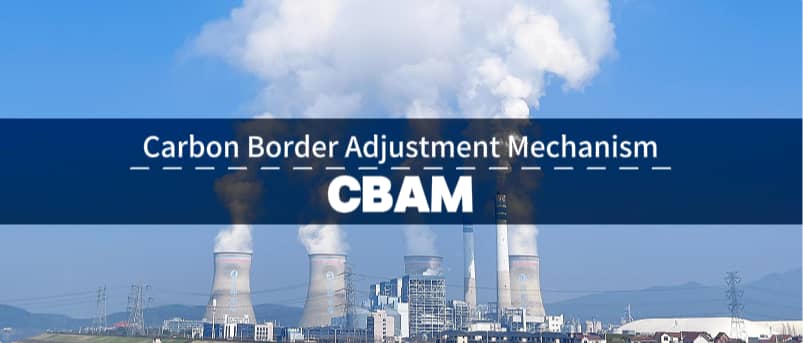
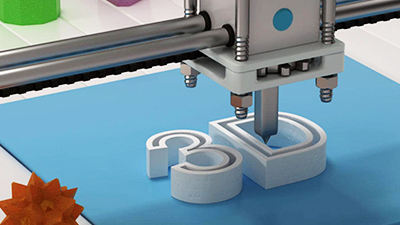


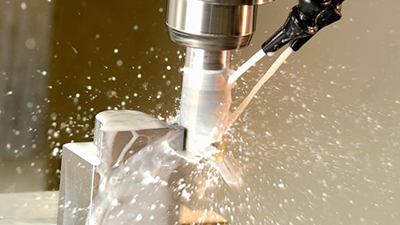
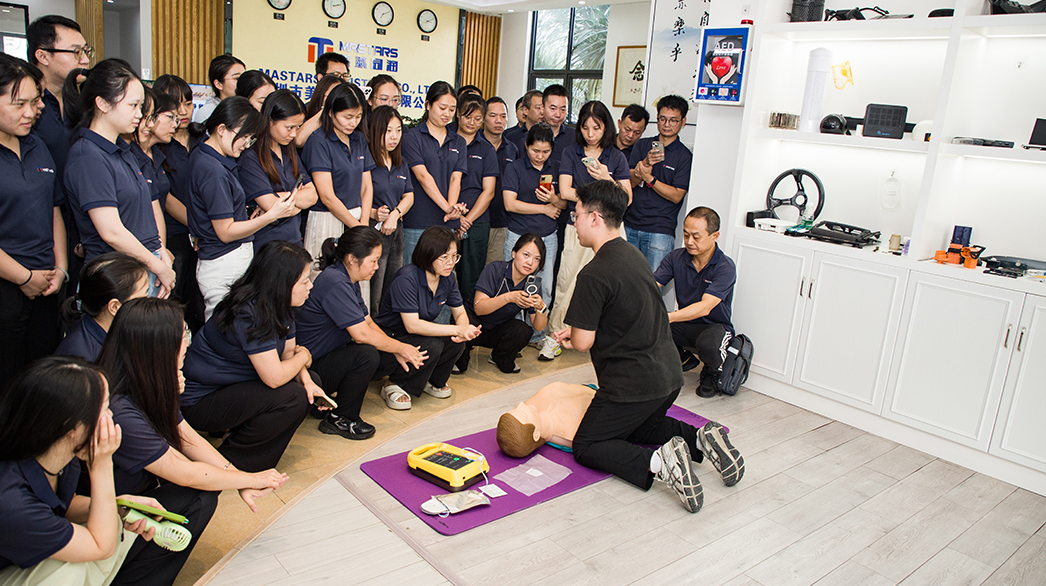
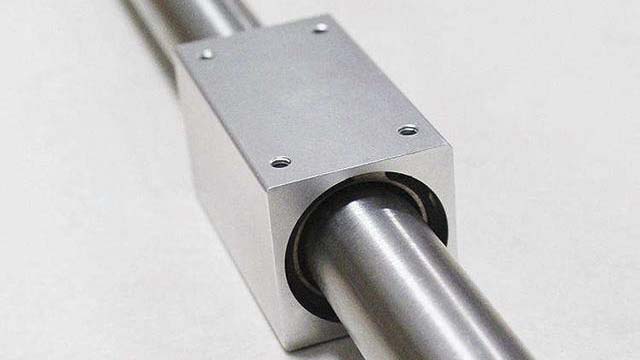

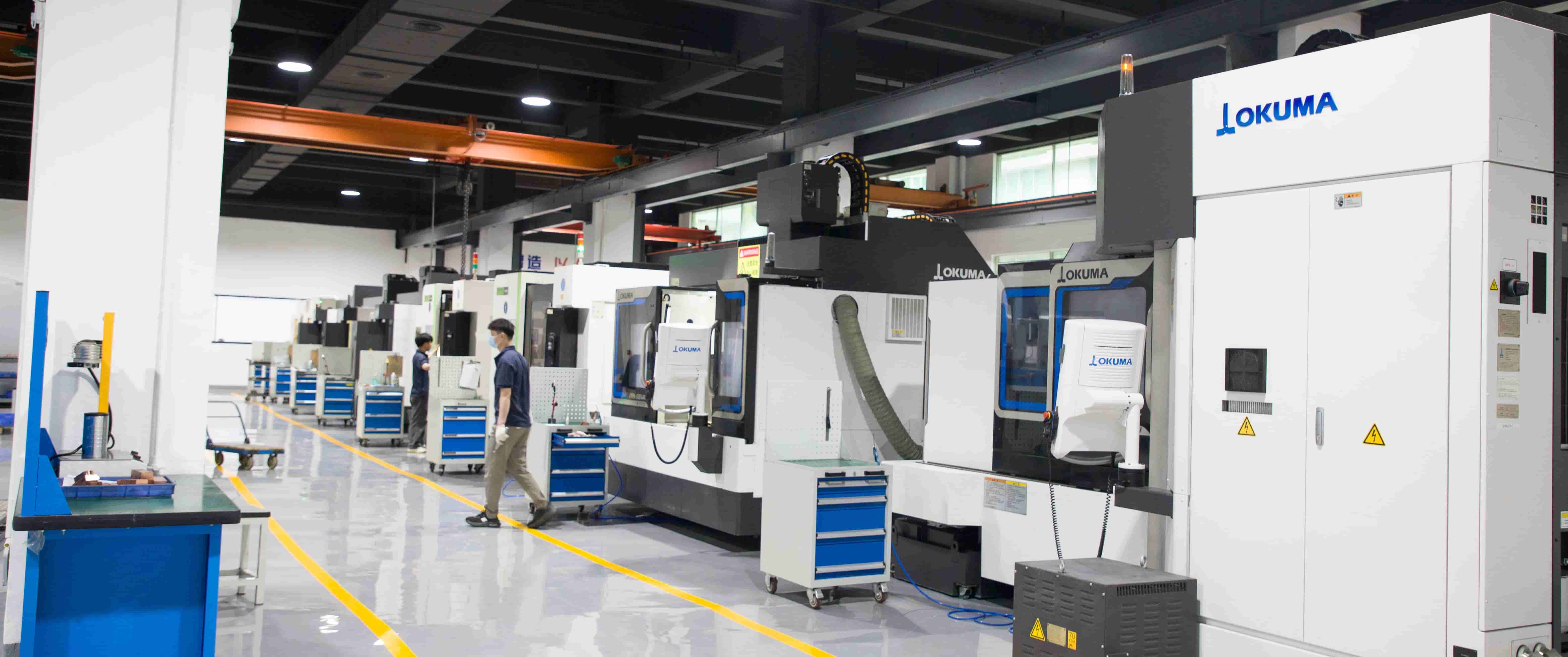
Mastars employees discussing sustainable practices in mold assembly
In the current global context where environmental protection is increasingly valued, the European Union's Carbon Border Adjustment Mechanism (CBAM) policy has brought significant impacts and challenges to the manufacturing industry. This policy, which aims to reduce carbon emissions and promote global climate action, has made manufacturing enterprises around the world pay close attention.
For the manufacturing industry, the EU CBAM policy means that when exporting products to the EU market, they will face additional carbon costs based on their carbon emissions. This directly affects the cost competitiveness of products. Enterprises with high carbon emissions in the production process may have to bear higher taxes, which in turn affects their profit margins and market share in the EU. Moreover, the implementation of the policy has also raised higher requirements for the entire supply chain of the manufacturing industry. From raw material procurement to production, transportation and other links, carbon emissions need to be accurately measured, reported and verified, which increases the management complexity and operational costs of enterprises. Many manufacturing enterprises are facing the pressure of transforming their production methods to reduce carbon emissions, so as to adapt to the new policy environment.

Understanding the implications of CBAM policy for manufacturing
In the face of the EU CBAM policy, Mastars, as a responsible manufacturing company, has taken active actions to respond. We firmly believe that complying with international environmental policies and promoting sustainable development is not only an obligation but also an important opportunity for the long-term development of the enterprise.
To better understand and implement the CBAM policy, Mastars recently organized a special learning activity for employees. The activity invited experts in related fields to give lectures, systematically explaining the details, implementation rules and impact on the manufacturing industry of the CBAM policy. Employees from various departments, including production, technology, procurement and marketing, actively participated in the learning.
![Mastars employees participating in CBAM training session] Mastars employees participating in CBAM training session]](/uploadfiles/pictures/qt/20250816072329_9924.jpg)
Mastars employees engaged in CBAM policy learning session
During the learning process, everyone focused on listening, took careful notes, and had in-depth discussions on issues such as how to reduce carbon emissions in mold assembly, how to improve energy efficiency in the production process, and how to strengthen carbon management in the supply chain. The atmosphere was lively and positive. Through this learning activity, employees have a more comprehensive and in-depth understanding of the CBAM policy, which has laid a solid foundation for the company to formulate and implement relevant carbon reduction strategies.
Looking forward to the future, Mastars will continue to adhere to the concept of sustainable development, actively promote the innovation and application of sustainable mold assembly practices, continuously reduce the carbon footprint of production and operation, and strive to achieve green and low-carbon development while ensuring product quality and service level. We will take the EU CBAM policy as an opportunity to continuously improve our environmental management level and enhance our international competitiveness, contributing to global climate action.